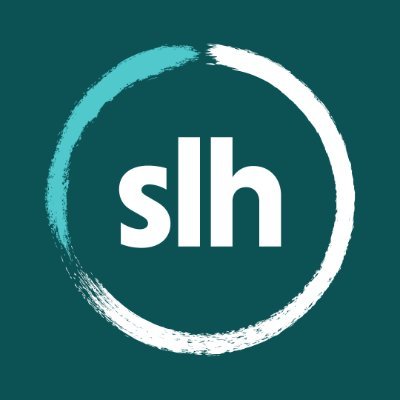In this webinar on 31st August, we focused on how sanitation and hygiene programmes have adapted to respond to the new needs and constraints of the pandemic. While some of these changes will be temporary, some are here to stay: hence the “new normal”. The webinar aimed to flesh out changes in sanitation and hygiene approaches that have a potential to become part of future programming, as they can help towards longer-term goals and priorities beyond the pandemic.
The Covid-19 Hygiene Hub / LSHTM provide a brief overview of evidence on the links between sanitation and Covid-19 infection pathways, with an emphasis on aspects that sanitation programmes may need to integrate in a post-pandemic future.
UNICEF Mozambique discuss their experience of testing and scaling up adaptations of the CLTS approach (particularly the “triggering” phase) to foster continuity of ODF programmes during pandemic-related community gathering restrictions. These adaptations were documented in a Covid-19 triggering package, part of which is likely to inform post-pandemic sanitation programming.
One Drop in Guatemala describe their work with isolated indigenous communities, and the role of well-established local networks of stakeholders to promote sanitation continuity during the pandemic. Taking stock of the challenges of hard-to-reach communities, they share the thinking this generates to inform future sanitation programmes.
PSI in India discuss the use of tele-counselling to stay in touch with rural communities and monitor their uptake of sanitation during lockdown periods. They talk about the adoption of this model by State authorities and reflect on how blending face-to-face interactions with remote follow-up may become part of regular sanitation promotion.
https://youtu.be/JPI1Z47fCos









